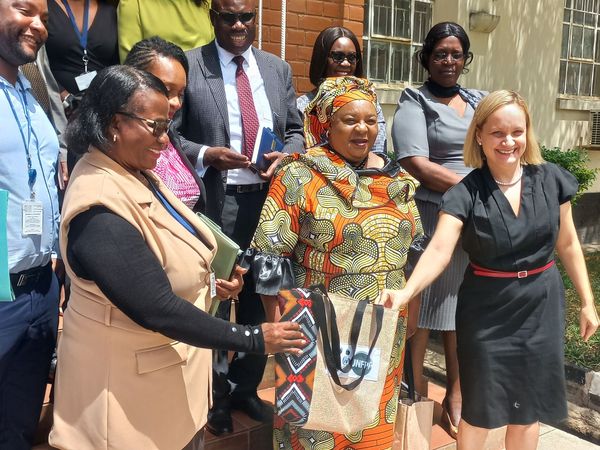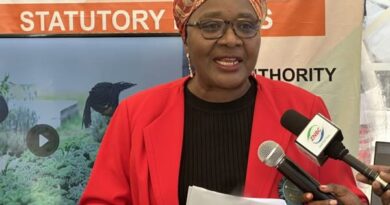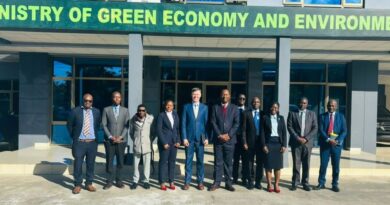Gov’t and UNFPA collaborate to combat harmful practices
The Government of Zambia and the United Nations Population Fund (UNFPA) have engaged in discussions aimed at implementing interventions to combat issues such as Gender-Based Violence (GBV) and early and forced child marriages.
These collaborative efforts reflect a shared commitment to safeguarding the rights and well-being of individuals, particularly women and children, who bear the brunt of these detrimental practices.
The discussions unfolded during a courtesy call by UNFPA Deputy Country Representative, Ms. Anna Holmstrom, to the Minister of Community Development and Social Services, Ms. Doreen Mwamba.
The two officials deliberated on a range of issues, acknowledging the persistent high prevalence rates of harmful practices despite existing interventions. They called for intensified collaborative efforts to effect positive change.
According to the 2023 annual gender-based violence data from the Zambia Police’s National Victim Support Unit, there was a significant increase in reported GBV cases, with 42,965 cases recorded countrywide compared to 33,536 cases in 2022, representing a 28.1% rise.
Ms. Mwamba disclosed various measures, including awareness campaigns, community education, legal interventions, and survivor support, which have been implemented and will be strengthened to overcome these challenges.
Ms. Mwamba highlighted Zambia’s ratification of several international agreements into domestic laws, including the convention on the elimination of all forms of discrimination against women and the SADC protocol on gender and development.
She emphasized the Government’s commitment to prioritizing measures aimed at reducing and preventing gender-based violence through an inclusive approach.
Ms. Holmstrom commended the Zambian Government’s efforts, citing the enactment of the Children’s Code Act as a significant step towards addressing issues affecting children and women.
She assured UNFPA’s readiness to support additional interventions and praised the current legislative and policy framework protecting victims of gender-based violence.
Recognizing the detrimental impact of GBV and early child marriages on individuals, families, and communities, Ms. Holmstrom underscored the importance of concerted action to address these issues comprehensively.
She emphasized the need for holistic approaches that tackle the root causes of GBV and early child marriages, such as gender inequality, poverty, lack of education, and harmful cultural norms.



